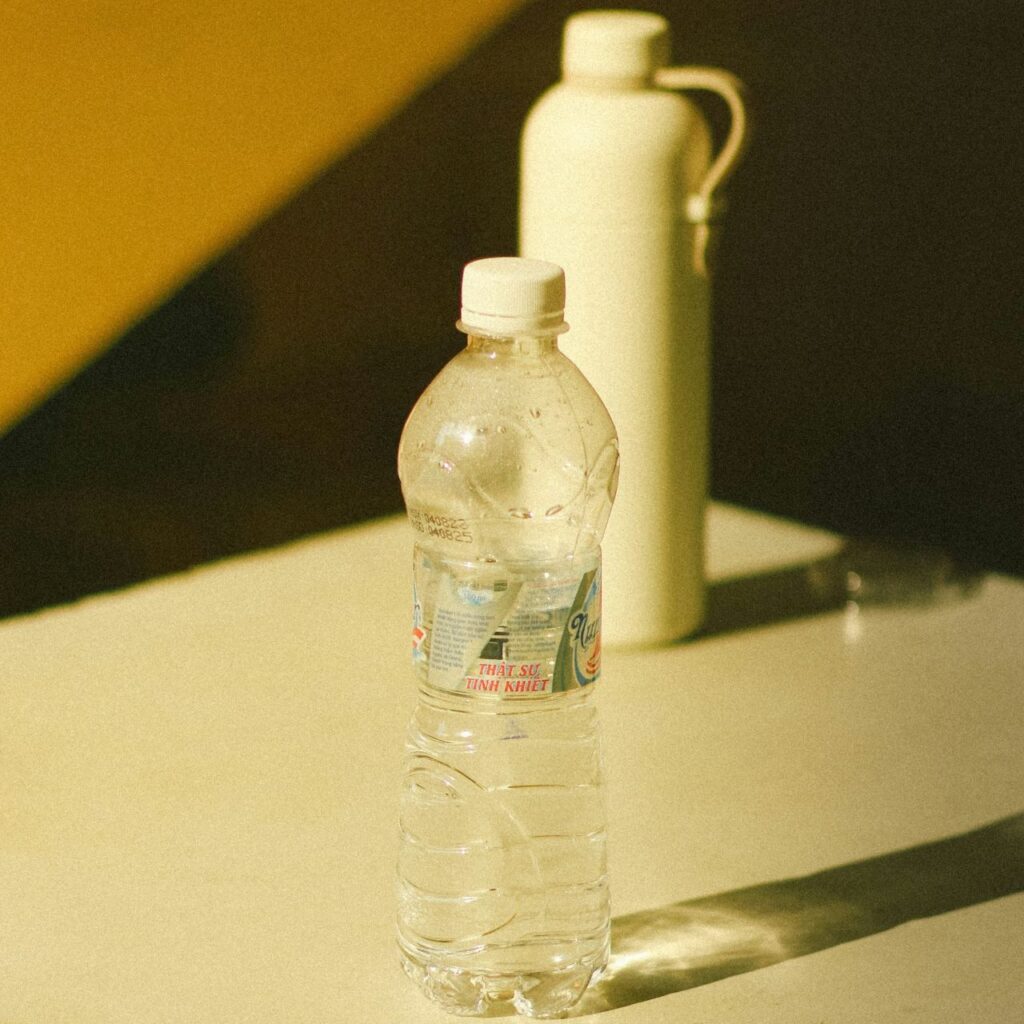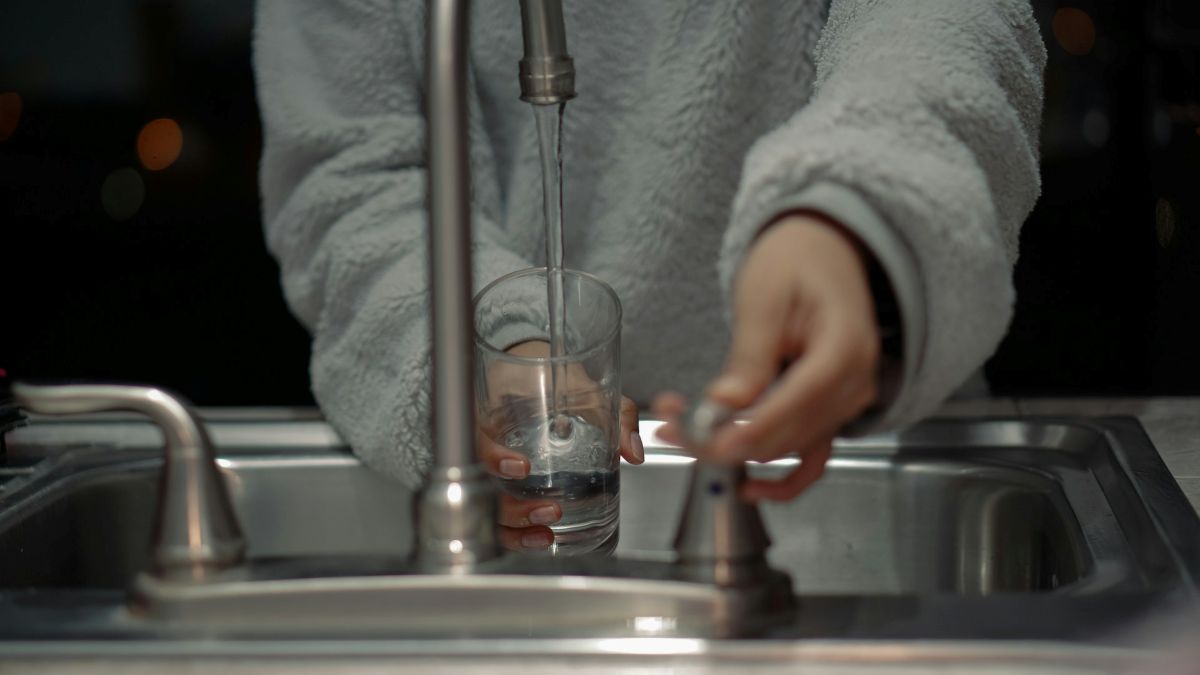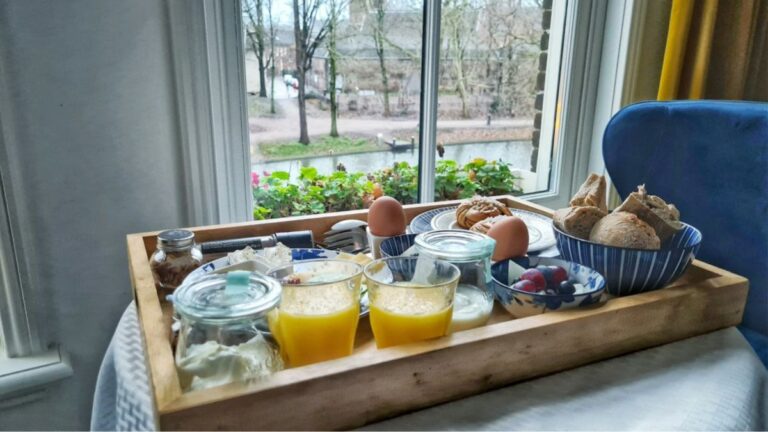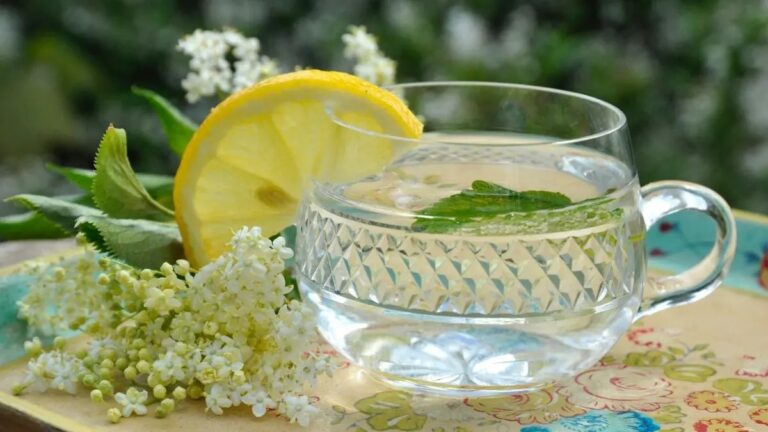What’s the Best Drinking Water for Everyday Use? (Pros & Cons)
Quick Answer:
For most people, locally safe tap water with a certified filter (check your local report) or reverse osmosis (RO) water that’s remineralized are practical, good-tasting options. Choose what you’ll actually drink consistently and verify quality where you live.

Start here: Verify your local baseline
Before picking a “best” water, check your local water quality report (or lab test if your drinking water is from a private well). Then choose a certified filter that addresses known issues (e.g., chlorine taste/odor, lead, PFAS, nitrates). Matching the tool to the problem keeps things simple and cost-effective.
Rule of thumb: The best water is the one you’ll drink consistently, that fits your budget, and that you’ve verified for your location.
Options at a glance
1) Tap + certified filter
Why people choose it: Simple, inexpensive, widely available; no bottles to haul. You can target taste (chlorine) and specific contaminants with the right cartridge (check certifications).
Watch-outs: Filters need regular replacement; performance depends on proper installation and maintenance.
Good for: Most households wanting better taste and targeted protection with minimal fuss.
2) Reverse Osmosis (RO) + remineralization
Why people choose it: Very low total dissolved solids (TDS) for a neutral base; removes a broad range of contaminants. Adding minerals back (drops, cartridge, or a pinch of mineral salt) improves taste and balance.
Watch-outs: Wastes some water during production; under-sink systems require installation and periodic filter changes.
Good for: Homes with multiple contaminants or those preferring a very neutral taste plus predictable remineralization.
3) Natural spring / mineral water
Why people choose it: Many enjoy the taste and stable mineral profile (label lists calcium/magnesium). It’s portable and consistent from reputable sources.
Watch-outs: Verify the source/bottler, read labels, and consider transport footprint. Some mineral waters have higher sodium. You may want to be cautious if you’re on a restricted diet.
Good for: Occasional use, travel, or those who love the taste and can verify the source.
4) Distilled water
Why people choose it: Neutral and consistent; great for appliances (irons, humidifiers) to reduce scale.
Watch-outs: Flat taste; if used for daily drinking long-term, you may want to remineralize for taste and balance.
Good for: Appliances and specific uses; everyday drinking only if you add minerals back.
5) “Alkaline” marketing
Plain take: For most people, you don’t need special alkaline water. Overall diet and hydration rhythm matter more than bottle pH. If you enjoy the taste and it helps you drink more water, fine… just don’t overpay for promises you don’t need.
Practical tips that matter more than brand
- Use stainless or glass bottles; avoid heating water in plastic.
- Clean your bottle daily; deep clean weekly (bottle brush + mild soap).
- Sip rhythmically across the day; increase amount you drink with heat/exertion/illness.
- Store cool and dark; don’t leave bottles in hot cars.
- Taste refresh: a small squeeze of citrus can make neutral water more inviting.
- Filter upkeep: set calendar reminders to change cartridges on schedule.
Prefer glass or stainless for daily use. For a deeper dive on materials and heat exposure, see our Conscious Living guide: Plastic vs Glass — Which Is Less Harmful for Everyday Use?
Micro-practice (1 minute): Keep a filled glass within reach. Take 2–3 sips at each micro-break (between emails, after a stretch).
Reflection: What water do I drink most consistently? What small tweak would make that easier and perhaps more refreshing (filter, bottle, placement)?
A simple decision path (no overthinking)
- Municipal water? → Read your local report → pick a certified filter for taste/contaminants.
- Private well? → Test annually (or after floods/construction) → choose a system matched to your results.
- Prefer very neutral taste? → RO + remineralize.
- Love the mineral taste? → Occasional spring/mineral from verified sources.
- Traveling? → Use bottled spring or RO and a small travel filter.
Related Reading
- Water, Minerals & Mood — How Are They Connected?
- Plastic vs. Glass — Which Is Less Harmful?
- Our Recommended Light, Air & Sleep Tools
CTA
Prefer a guided nervous-system down-shift? Get our free under 10-minute audio:
Send me the free meditation »
Explore our non-ingestible supports for sleep, light, and air: Recommended.
FAQ
Is RO “too pure” for daily drinking?
RO makes a very low-TDS base. Re-add minerals (drops/cartridge or a light pinch of mineral salt) for taste and balance.
Is spring water always best?
Not automatically. It depends on the verified source, bottling/handling, your budget, and taste. Read labels for mineral content.
Do I need alkaline water?
Not for most people. Daily habits—steady hydration, diverse foods, routine—matter more than bottle pH.
Glass or plastic bottle?
Prefer glass or stainless. If you use plastic, avoid heat and replace when worn.
Clinical services are provided within my scope as a licensed clinical psychologist (CA, RI). My Doctor of Integrative Medicine credential is a doctoral degree with board certification by the Board of Integrative Medicine (BOIM) and does not represent a medical/physician license. All educational content is for learning only and is not a substitute for professional medical or psychological care.
About Dr. Nnenna Ndika
Dr. Nnenna Ndika is an integrative, trauma-informed clinical psychologist (CA/RI) and Doctor of Integrative Medicine (BOIM). Her work bridges neuroscience, somatic regulation, and environmental rhythms—simple, minimalist practices that help the body remember safety and the mind regain quiet strength. Silent Medicine is educational only; it does not replace medical or psychological care. Begin with Start Here or explore Mind-Body Healing.






